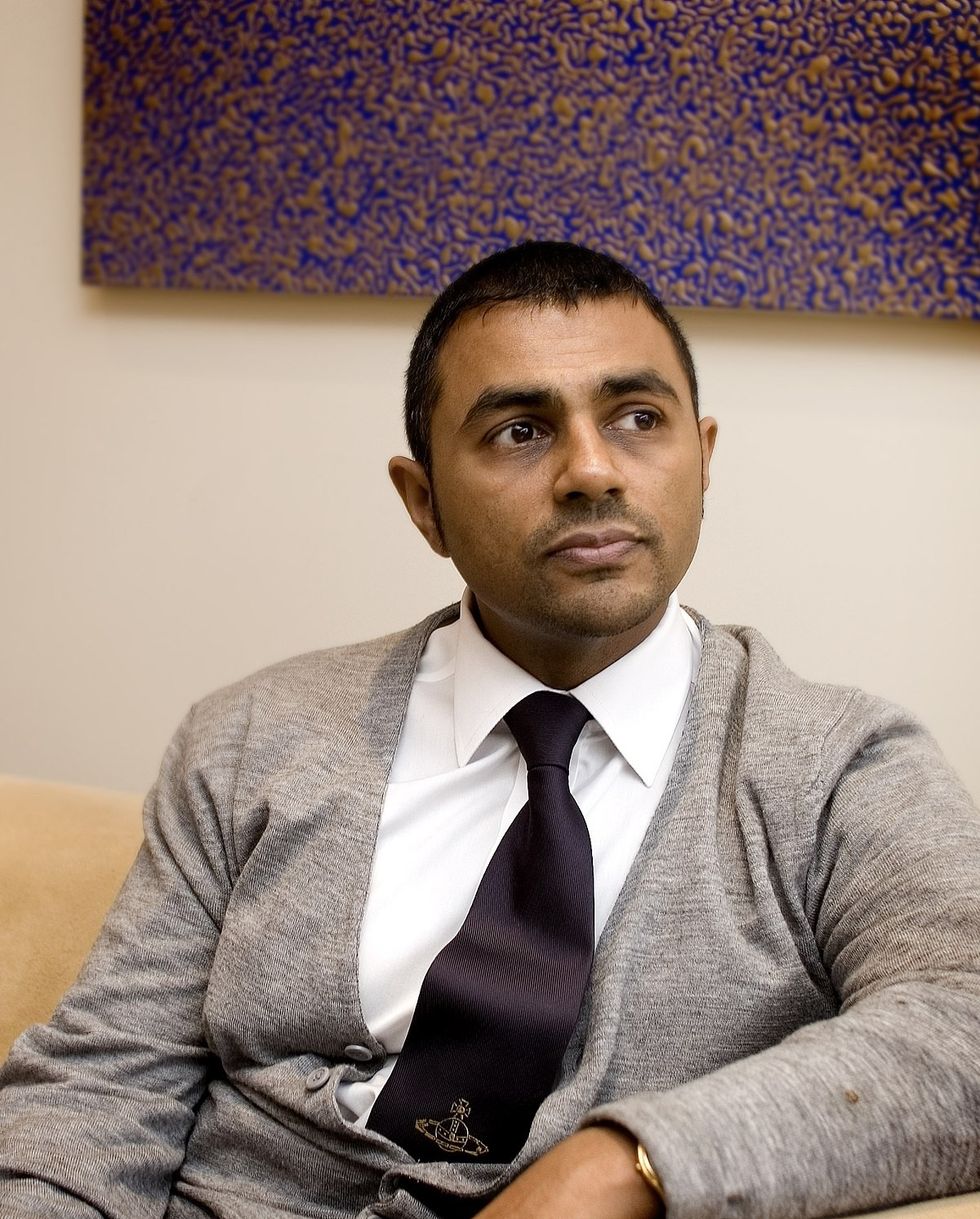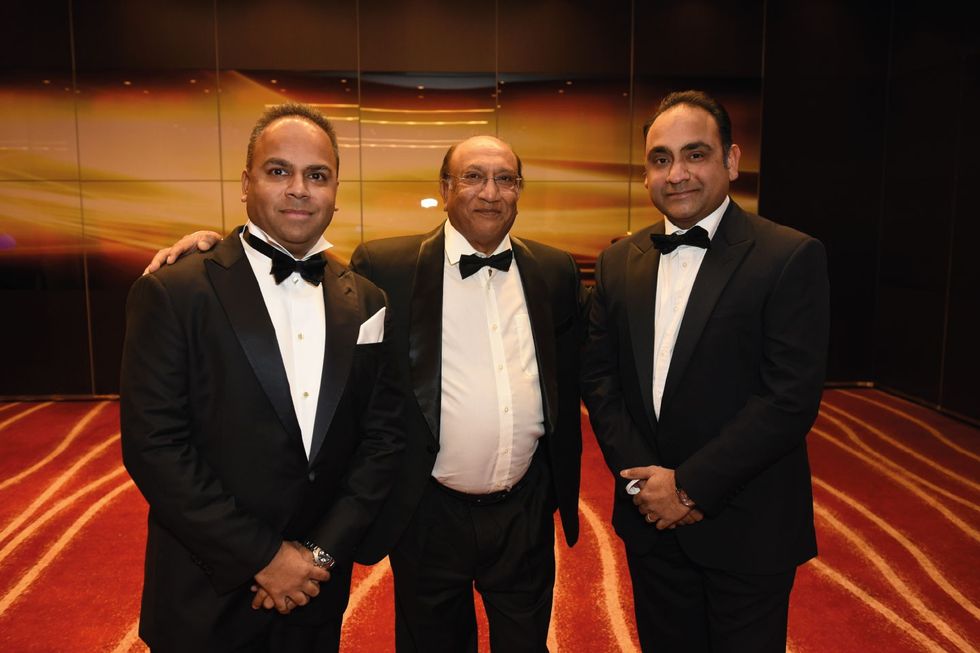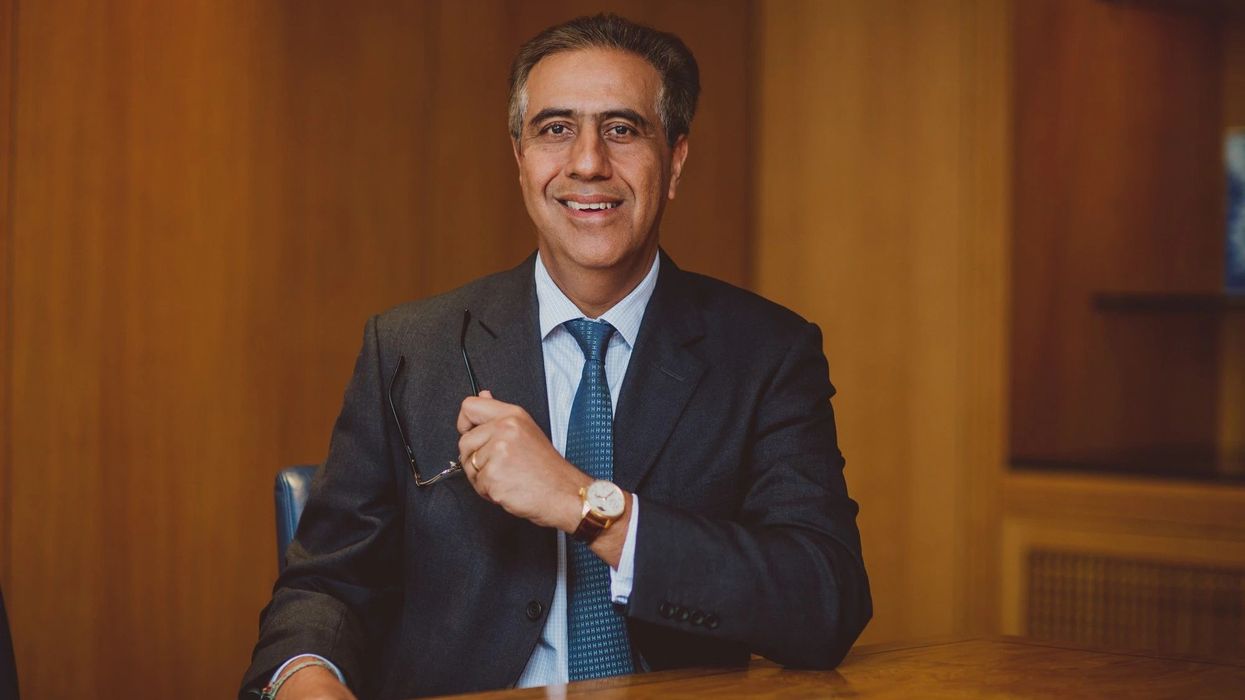BRITISH Asian donors made significant contributions to political parties in what is shaping up to be the highest-spending general election contest expected to be held later this year.
Political parties accepted £93 million in donations last year, nearly double the £52m from the previous year, according to the Electoral Commission (EC).

In total, Labour amassed just over £31m in overall donations in 2023, a significant increase from the £21.4m the party accepted in 2022. However, despite lagging in the polls, the Conservatives once again beat Labour in political donations last year, accepting £48m in donations.
In the final quarter of the year alone, the Tories raised £9.8m and Labour £6m.
Businessman Bobby Arora, owner of B&M alongside his brothers Simon and Robin, made one of the largest single donations to any political party when he gave the Tories £250,000 in December.
The brothers bought B&M in 2004 when it had 21 outlets. It now has more than 700. They were valued at £2.9 billion by Eastern Eye’s Asian Rich List in November last year.
Last May, prime minister Rishi Sunak was criticised for taking a private helicopter from London to Yorkshire, a trip which included a detour to visit Arora in Alticham – with the helicopter landing in the businessman’s garden.
Arora’s contribution, however, pales in comparison to that of Amit Lohia. The son of billionaire petrochemical and fertiliser tycoon Sri Prakash Lohia, chair of Indorama, gave £2m to the party last August.

Dr Selva Pankaj, who runs the privatelyowned Regent College London and other education businesses, gave
£125,000 to the Tories last year, with £24,293 coming in the last quarter. He has personally given more than £600,000 to the party.
Pankaj co-founded Regent with his wife Tharshiny in 2000, originally providing private tuition at £20 an hour. Their business has grown and has now reached more than 50,000 students.
Asked if he hoped the donations would lead to a peerage, Pankaj said: “At some point, for the contribution we give to the country we love and adopted, if that recognition comes it would be an honour. But I think it’s a myth that you buy recognition, you reward recognition.”
He added: “If it happens, it happens. It’s got to happen naturally, if it deserved to happen, otherwise how could you look at your children?”
The Westcombe Group, a property development company owned by the Pankhania family, led by Vraj and his sons Sunil and Kamal, donated £74,593 to the Tories in the last quarter of the year.
Westcombe is one of the UK’s most successful residential property developers with assets worth £500m. They grew the company with Vraj taking out a £5,000 loan to becoming one of the UK’s top 25 property developers. Westcombe specialises in bringing old and disused listed buildings to life.
The Tory party was given £350,000 last May from Supreme 8 Ltd, which is owned by Sandeep (Sandy) Singh Chadha. He made a further payment of £50,000 in November.

Chadha is the chief executive of Supreme PLC, a Manchester-based company that manufactures and sells vapes. It also acts as a distributor for Elf Bar, a Chinese-owned firm that has been criticised for marketing vapes that appeal to young people.
Sunak has been under pressure to give away the six-figure donation. The shadow health secretary, Wes Streeting MP, said, “It is unacceptable for a political party to accept donations from [those who], by your own admission, have driven the rise of youth vaping in this country”.
Chadha said it was a personal donation he had made himself, rather than on behalf of Supreme PLC, which is a listed company. He said the firm neither markets or sells its products to children.
The Tory party has said that all donations have been declared to the EC and comply fully with the law.
The Conservatives continued to receive large donations from regular supporters such as the founder and CEO of Square Mile investment banking firm Fenchurch Advisory, Malik Karim, who was previously the treasurer to the party.

Karim donated £872,000 to the Tories between 2014 and 2021, while his firm – Fenchurch Advisory – was also behind a further £23,750 in donations. He donated £38,638 in the last three months of 2023.
Other notable donations to the Tory party came from Bristol Laboratories (£10,00), whose owner and managing director is Thembalath Ramachandran; interior designer Shalini Misra, who donated £10,00, and former chancellor Nadhim Zahawi, who donated £7,934.
British Asian donors tended to show their allegiance to the Tory party with the other parties. getting nowhere near as significant contributions.
Media entrepreneur Lord Waheed Alli was last year appointed by Labour leader Sir Keir Starmer as the party’s head of election fundraising. He made multiple donations to the party in November and December totalling £12,008.
Medway councillor Naushabah Khan made three donations in December totalling £12,400. Having previously failed to become an MP in 2015 when she stood in the Rochester and Strood constituency, Khan will try again this year.

She is set to stand in Gillingham and Rainham, with Labour having a 69 per cent chance of winning a seat currently held by Conservative MP Rehman Chishti, according to Electoral Calculus.
The Canary Wharf Group, whose CEO is Shobi Khan, is the developer of the largest urban regeneration project in Europe, and is responsible for the regeneration of 128 acres of the once-derelict Docklands district of East London. The company made two payments totalling £13,735 to the Labour party in November.
Among the Liberal Democrats, long time contributor, businessman Sudhir Choudhrie made six payments to the party between October-December totalling £21,666. Another regular Lib Dem donor is the businessman Dinesh Dhamija, who gave £4,000. Durham Group Estates, a privately owned property investment company based in Durham City, led by CEO Gurpeet Singh Jagpal, gave £10,000 to the party




